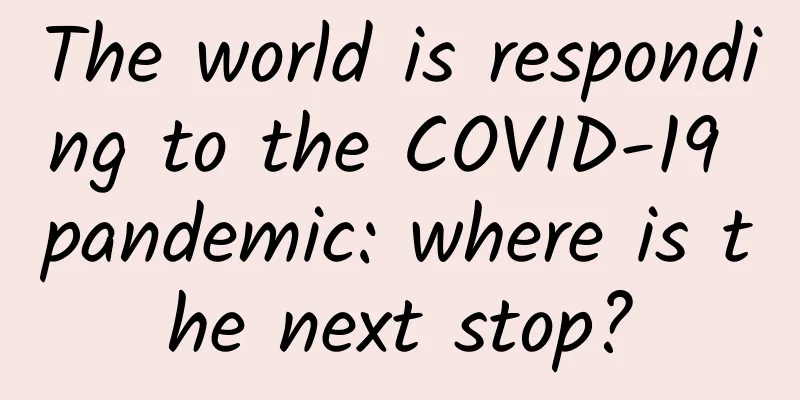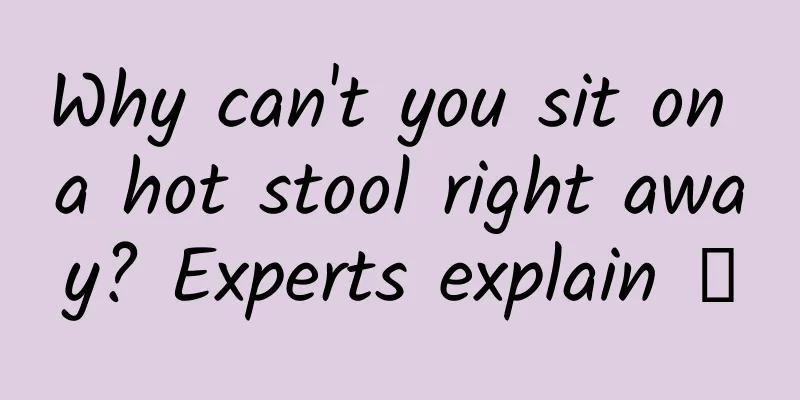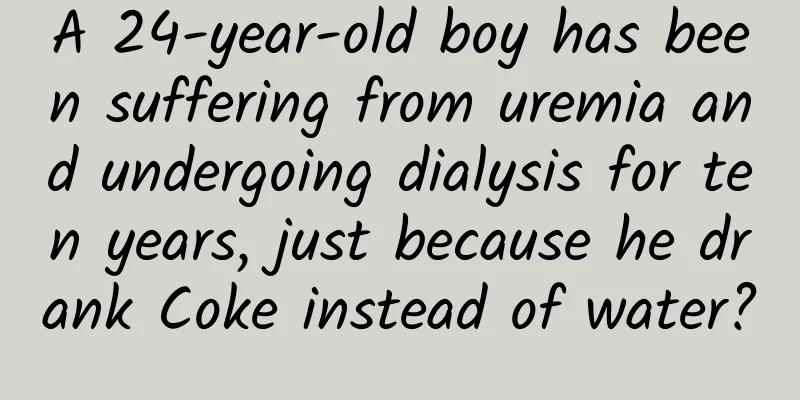The world is responding to the COVID-19 pandemic: where is the next stop?

|
In mid-July, the epidemic in Nanjing resurfaced, and as of the 28th, a total of 170 local confirmed cases had been reported. At the same time, the Tokyo Olympics, which was postponed for a year, is in full swing, with epidemic prevention measures such as no spectators on site, no handshakes and hugs during awards ceremonies, and table tennis players are strictly prohibited from blowing the ball, which seems to convey a message: the new crown epidemic has changed our way of life. In the face of mutant viruses, should we get vaccinated or not? How should humans coexist with the new coronavirus in the future? On July 25, Zhang Wenhong, director of the National Center for Infectious Diseases and director of the Department of Infectious Diseases at Huashan Hospital Affiliated to Fudan University, was a guest at the 52nd "Science Cafe" salon and gave a speech titled "Global Response to the Pandemic: Difficulties and Hopes." Vaccines do not eliminate viruses, but eliminate epidemics All viruses known to humans, including the new coronavirus, originate from nature. They are much older than humans and have fought against each other many times in history. The new coronavirus pandemic and the 1918 influenza pandemic are of the same type, and historically it took dozens to hundreds of years to build a natural herd immunity barrier. With the improvement of public health strategies and the advancement of medical technology, humans are able to protect more lives from diseases through vaccines and other means. Zhang Wenhong said that the reason why China's anti-epidemic measures are so strict is to protect high-risk groups such as the elderly and eliminate the inequality of human beings in the face of infectious diseases. He said emotionally: "In our Eastern thinking, we will never allow our parents, grandparents to be infected with the virus in large numbers. Now China has controlled the epidemic through its own efforts. We are very happy to see that many elderly people can live and go out healthily!" "When is it expected that my country will be able to lift entry restrictions?" In response to the question raised by Yang Lan, chairman of Sunshine Media Group, Zhang Wenhong believes that this depends on whether my country has sufficient immune barriers, the protection rate of vaccines, the international epidemic situation and other factors. People always expect that the new coronavirus can be "sealed" after vaccination. The repeated outbreaks have made many people feel "mentally broken", but Zhang Wenhong emphasized that the goal of vaccination is not to eliminate the virus, but to eliminate the epidemic, reduce the speed of transmission, the rate of severe illness and the mortality rate. "After completing sufficient vaccination and establishing a rapid response public health prevention and control strategy, people's lives will be better." Adolescents and other groups should be given priority vaccination The most concerning issue now is whether existing vaccines can still provide adequate protection when virus variants such as Delta pose a threat to humans. Zhang Wenhong said that different types of vaccines have different protection rates against variant viruses, but all have a certain protective effect. Whether it is necessary to modify the vaccine or to give other types of vaccines for modification depends mainly on the mortality rate. From the current data, it seems that although the new coronavirus has mutated, it has not completely escaped. Regarding the urgency of vaccination for different groups of people, Zhang Wenhong introduced that under the condition of low domestic epidemic, special groups such as pregnant women and cancer patients can postpone vaccination; high-risk groups such as the elderly and those with weakened immune systems may need to strengthen vaccination in the future; and for teenagers, the importance of COVID-19 vaccination should be regarded as equivalent to vaccines such as polio and measles. "COVID-19 will become a normalized virus like influenza in the future. If you don't get vaccinated, you will be infected with a high probability." At present, the protection rate of domestic vaccines against infection is about 70%, and the protection rate against severe illness is about 90%. It is safe and reliable, and no serious adverse reactions have been found among the vaccinated people in Shanghai. "Why are some people still reluctant to get vaccinated? It's because the risk is not high enough. China's prevention is too good." Zhang Wenhong joked. Experts and the media should jointly shoulder social responsibilities As a "star scientist" who frequently made headlines in the early days of the epidemic, Zhang Wenhong has not been very active on his Weibo account recently. He said that this is because the country has formed a good prevention and control strategy, and the knowledge and scientific literacy of the people are enough to discern relevant news. In fact, not all scientists have to become popular science experts, but they have to do so out of their own interests and the need to communicate with the public. For example, the opportunity for him to "become famous" was to serve as the leader of the Shanghai New Coronary Pneumonia Medical Treatment Expert Group. He needed to explain the epidemic prevention policy to the society in a language that the people could understand. This is the process of popular science. At the same time, Zhang Wenhong also admitted that he was most afraid that "the flow of scientific communication would be linked to money", resulting in problems such as "clickbait" that undermine scientificity. In the context of the development of social media and the rapid spread of information, the media should share social responsibilities with scientists and strengthen the positive promotion of popular science knowledge; more importantly, they should actively discover scientific workers who are both working on the front line and can fully express themselves, encourage them to participate in popular science work, and provide a platform for scientists to exert their influence on public health. As a platform for science communication, the "Science Café" event hosted by the Institute of Physics of the Chinese Academy of Sciences brought together well-known academicians, scientists and scholars from home and abroad to give speeches and exchange ideas, allowing scientific thinking and cutting-edge knowledge to stir in the aroma of coffee. Zhou Dejin, Director of the Science Communication Bureau of the Chinese Academy of Sciences, and others attended the salon, which was hosted by Qiu Chengli, Deputy Director of the Science Communication Research Center of the Chinese Academy of Sciences. More than 40 guests present exchanged ideas with Zhang Wenhong. |
<<: When taking aspirin for a long time, under what circumstances should you stop taking the drug?
>>: What is a mobile hard disk used for? How to partition a mobile hard disk to create a boot disk
Recommend
Pink stuff flowing down there
I believe that many female friends do not know th...
Why do cats often vomit after taking a bath? Why do cats sleep all the time after taking a bath?
For hygiene reasons, many cat owners will bathe t...
Symptoms of fetal arrest at 19 weeks of pregnancy
Being pregnant is a very happy thing. Thinking ab...
Hydrogen peroxide positive is actually suffering from this disease
Under the influence of some adverse factors, more...
Can I eat bird's nest during breastfeeding?
After becoming pregnant, pregnant women can no lo...
Typhoid Mary: One hundred years ago, she made humans realize for the first time that there are "asymptomatic infections"
Introduction In February 1915[1], the weather in ...
What causes polycystic ovary
Polycystic ovary problem is the most common probl...
Pregnancy compresses the bladder
A woman's body will undergo many changes duri...
What are the methods for treating uterine malformations?
The uterus is the most important organ in the fem...
How to prevent gynecological inflammation?
Women's special physiological structure is an...
The disadvantages of women eating dog meat
Female friends can eat dog meat. Maybe many girls...
Is there any estrogen after menopause?
No matter when there is less estrogen in the huma...
Early pregnancy, one deep and one shallow
With the development of modern clinical medical t...
Hot flashes and insomnia during menopause, these methods can help you
If women experience hot flashes and insomnia duri...
What is Candida infection?
Candida is a fungus that is very harmful to human...









